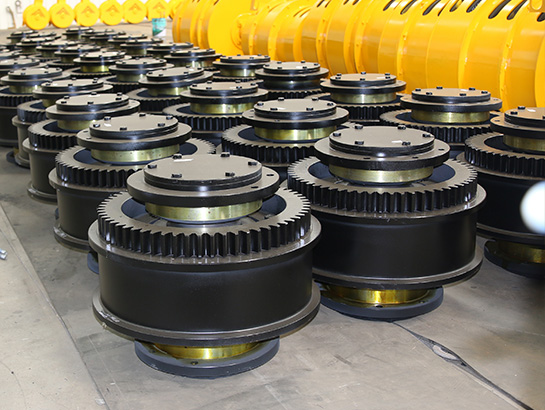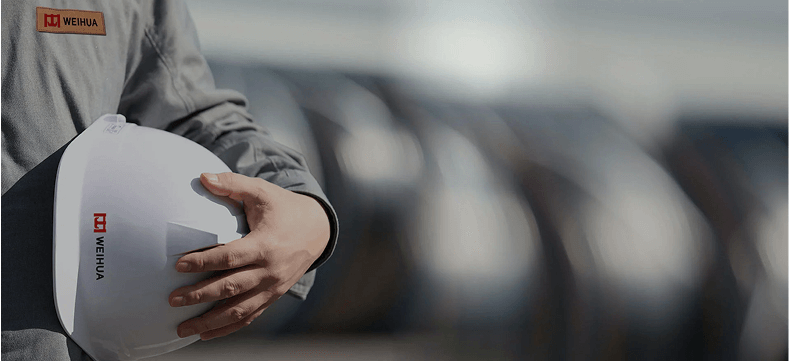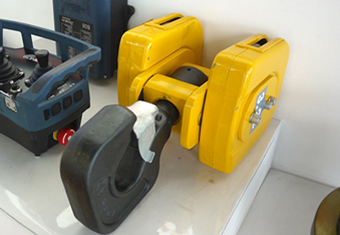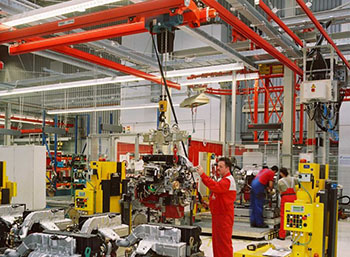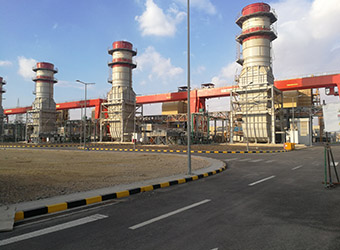Crane wheels are a type of forging, primarily used in gantry cranes, port machinery, bridge cranes, and mining machinery. Commonly made from 60#, 65Mn, and 42CrMo forged steel, they must possess high surface hardness and matrix toughness to meet the requirements for wear resistance, fatigue resistance, and impact resistance.
The crane wheel manufacturing process includes casting, rough machining, heat treatment, and finishing, with surface hardening as the core. Early designs employed ZG50SiMn material combined with differential heat treatment (high-temperature, zero-hold quenching followed by oil quenching and tempering) to achieve a combination of high surface hardness and core toughness. Subsequently, ZG35-42 material was developed for weld-hardening the tread, supplemented by annealing to optimize performance. Modern processes incorporate die forging and ultrasonic quenching equipment (such as the YFL-160KW quenching machine). Through precise CNC-controlled rotary heating and water spray cooling, the hardened layer reaches a depth of 10-20mm, enhancing contact fatigue resistance.
